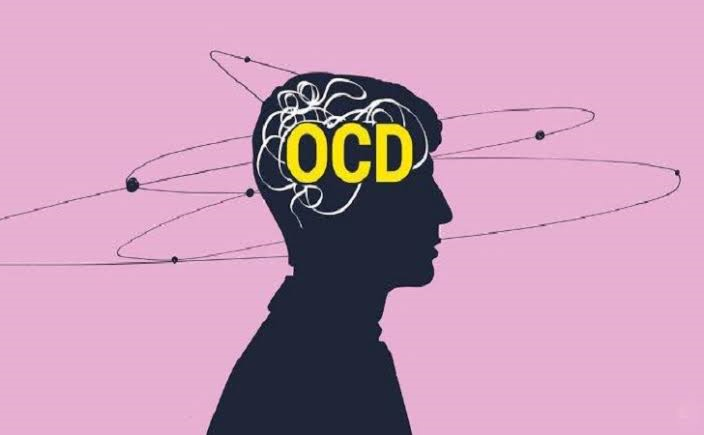Obsessive-Compulsive Disorder (OCD) is a mental health condition that affects millions of people worldwide.
It’s characterised by a cycle of intrusive, unwanted thoughts (obsessions) and repetitive behaviours or mental acts (compulsions) aimed at reducing the anxiety and distress caused by these obsessions.
OCD can have a significant impact on a person’s daily life, but with proper understanding and treatment, it’s possible to manage and improve the condition. In this article, we will explore the signs of OCD and discuss potential solutions.
Doctors who specialize in treating Obsessive Compulsive Disorder are psychiatrist or Psychologist
Intrusive Thoughts: Individuals with OCD often experience repetitive, distressing thoughts or mental images that they can’t control. These thoughts are often irrational or unrealistic, but they provoke significant anxiety.
Compulsive Behaviours: To alleviate the anxiety associated with their obsessions, people with OCD engage in repetitive behaviours or mental acts. These can include actions like excessive hand washing, excessive cleaning, counting, dirt irritations, checking, or arranging things in a specific way.
Perfectionism: Perfectionism is a common trait among those with OCD. They may spend excessive time and effort making sure things are just right, their fear is always that something terrible will happen if they don’t.
Avoidance: Some individuals with OCD try to avoid situations, people, or places that trigger their obsessions or compulsions. This avoidance can hinder their social and professional lives.
Time-Consuming: OCD rituals can be very time-consuming, often interfering with daily responsibilities and routines. People with OCD may spend hours each day on their compulsive behaviours thereby giving little or no time for other engagements.
Interference With Daily Life: OCD can significantly impact one’s ability to maintain relationships, hold down a job, or enjoy daily activities. It can lead to frustration, isolation, and a reduced quality of life which can lead to loneliness and depression.
Solutions for OCD
Professional Help: The most effective way to manage OCD is through therapy. Cognitive-behavioural therapy (CBT), particularly Exposure and Response Prevention (ERP), is the gold standard treatment for OCD. A qualified therapist can guide individuals in confronting their fears and learning to resist their compulsions. Take a chance with the therapist!
Medication: In some cases, medication can be a helpful part of OCD treatment. Selective Serotonin Reuptake Inhibitors (SSRIs) are commonly prescribed to help alleviate the anxiety and obsessions associated with OCD.
Lifestyle Changes: Maintaining a healthy lifestyle can help manage OCD symptoms. Regular exercise, a balanced diet, and adequate sleep can reduce stress and anxiety, making it easier to cope with obsessions and compulsions.
Support Groups: Joining an OCD support group can give individuals a sense of community and understanding. Sharing experiences and coping strategies can be highly beneficial.
Mindfulness And Relaxation Techniques: Practices like mindfulness meditation, deep breathing, and progressive muscle relaxation can help reduce anxiety and improve one’s ability to manage obsessions and compulsions.
Educate Yourself: Learning more about OCD can be empowering. Knowing that you are not alone and that there are effective treatments available can be a source of hope.
In Conclusion: Face Your Fears: Anxiety and compulsions are there because you believe they are there. Once you take your mind off it, it ceases to exist. Face it today and conquer those lame hands of anxiety!
Obsessive-Compulsive Disorder is a challenging condition, but it’s essential to remember that help is available, and recovery is possible. If you or someone you know is struggling with OCD, don’t hesitate to seek professional help.
With the right treatment, support, and strategies, individuals with OCD can significantly improve their quality of life and learn to manage their symptoms effectively. Remember, you’re not alone in this journey, and there is hope for a brighter, less anxiety-ridden future.




